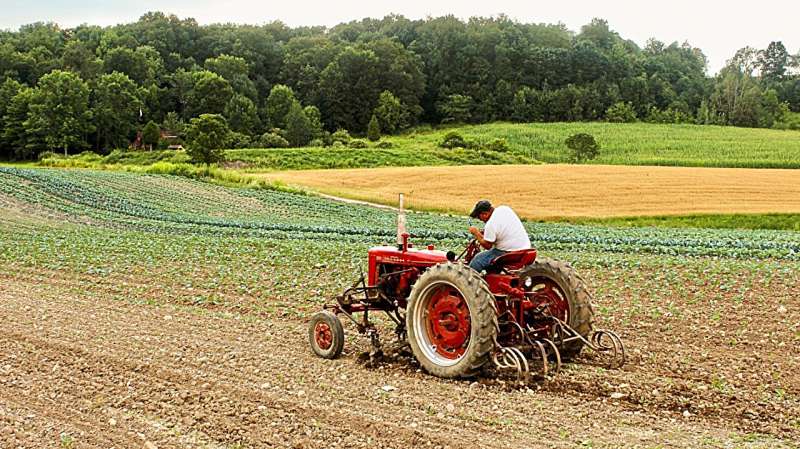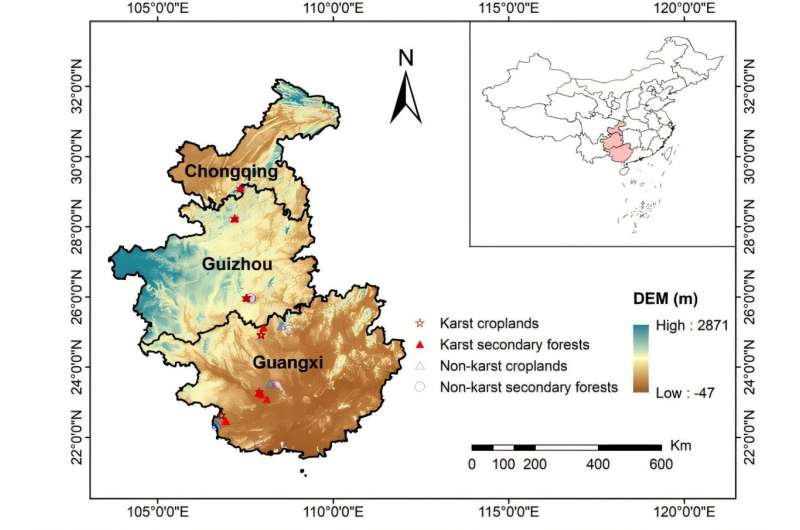Research from Cornell University reveals that eco-friendly agricultural practices, such as crop rotation and reduced tillage, may be more accessible for farmers than they believe. The study highlights a significant barrier to the adoption of these practices in the United States: a widespread perception among farmers that implementing them requires more labor than is actually the case.
Published in the journal Agriculture and Human Values, the study surveyed over 500 fruit and vegetable farmers nationwide and conducted in-depth interviews with nearly 50 farmers in New York and California. The research identified three key aspects of labor—cost, time, and complexity—as the primary hurdles preventing farmers from utilizing seven out of eight agroecological practices. These practices leverage ecological processes to improve farming outcomes and offer environmental benefits.
Farmers who had never implemented these methods often estimated labor requirements to be significantly higher compared to those who had experimented with them. Rachel Bezner Kerr, a professor of global development at Cornell, noted, “When people talk about agroecological practices, they often assume it’s not really viable in the U.S. context. This paper shows that it is possible for American farmers to use these practices, and the barriers are lower than they may have thought.”
The authors, including researchers from The Nature Conservancy, emphasize the importance of fostering knowledge sharing among farmers. Jeff Liebert, lead author and a recent Ph.D. graduate now affiliated with the University of British Columbia, stressed the social component’s role in the successful application of agroecology. “Agroecology thrives on context-specific, place-based solutions, and there are many opportunities to cultivate local, farmer-led movements,” he said.
The eight practices evaluated include composting, reduced tillage, intercropping, flower strips, crop rotations, cover cropping, and border plantings. While these methods generally necessitate more complex management, researchers found that they can ultimately enhance productivity. Additionally, these practices support biodiversity, improve water and air quality, and reduce greenhouse gas emissions as well as vulnerabilities to climate-induced events such as flooding and drought.
Bezner Kerr, who has contributed to the United Nations Intergovernmental Panel on Climate Change, stated, “There’s robust scientific evidence that these practices can build resilience for farms to climate impacts.” She argued that adopting agroecological practices is not only beneficial for the environment but also vital for farmers’ stable incomes and ongoing production capabilities.
The findings indicate that the adoption of eco-friendly methods is particularly slow among large farms, which dominate the agricultural landscape in the U.S. Farmers operating larger operations often report intensified labor challenges, including worker shortages and rising state-specific minimum wage pressures. These conditions tend to push them towards mechanization, which Liebert cautioned could limit meaningful agricultural employment. He noted, “If we replace humans with machines, it forecloses the potential pathway to farm work that’s really meaningful and dignified.”
The researchers suggest that understanding the complexities of labor challenges across different farm sizes could enhance efforts to promote an agroecological movement in the U.S. They also advocate for broader discussions regarding non-agricultural policies that may hinder investments in labor, especially for farmers feeling pressured by market demands for low-cost food.
Liebert expressed concern about the future of agricultural employment, suggesting that increased mechanization might lead to fewer farm workers in the coming decade, potentially reshaping rural communities and exacerbating environmental issues. “I met many people who care a lot about feeding people and trying to protect their workers,” he recalled. “But there are structural factors that are out of their control.”
The research provides a deeper understanding of the complicated landscape in which farmers operate. By addressing misconceptions about labor requirements and promoting farmer-to-farmer knowledge exchange, it is possible to foster greater adoption of eco-friendly agricultural practices in the United States.
For further details, refer to the study by Jeffrey Liebert et al., titled “Not as hard as it seems? Labor challenges and opportunities for agroecological practices in the United States,” published in Agriculture and Human Values on November 13, 2025.







